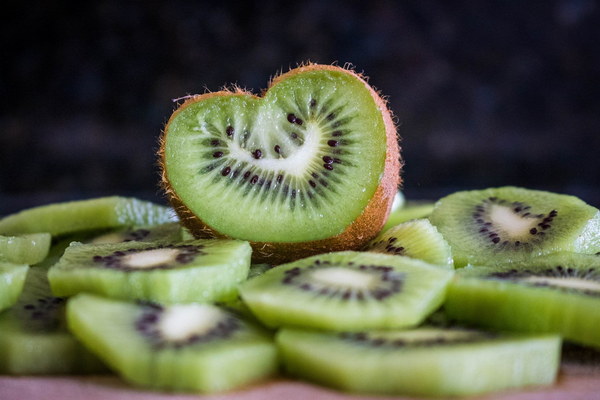Nutritional Remedies for Mental Health A Holistic Approach to Balancing Brain Chemistry
Introduction:
Mental health is a critical aspect of overall well-being, and while conventional treatments often include therapy and medication, there is a growing recognition of the role that nutrition plays in maintaining a healthy mind. This article explores the use of nutritional remedies to support mental health, focusing on the importance of diet in balancing brain chemistry and enhancing mood.
The Brain and Nutrition: A Deep Connection
The brain is a highly complex organ that requires a steady supply of nutrients to function optimally. Just as our bodies rely on food for energy, the brain needs specific nutrients to support cognitive functions, emotional regulation, and mental health. Imbalances in these nutrients can lead to various psychological disorders, making dietary interventions a valuable complement to conventional treatments.
1. Omega-3 Fatty Acids: The Brain's Building Blocks
Omega-3 fatty acids are essential for brain health, as they play a crucial role in the structure and function of brain cell membranes. Foods rich in omega-3s include fatty fish (like salmon, mackerel, and sardines), flaxseeds, chia seeds, and walnuts. Studies have shown that omega-3s can improve mood, reduce symptoms of depression, and enhance cognitive function.
2. B Vitamins: Energy for the Brain
B vitamins are essential for energy production and the maintenance of brain health. Deficiencies in B vitamins, particularly B6, B12, and folate, have been linked to depression, anxiety, and cognitive decline. Foods rich in B vitamins include lean meats, fish, poultry, legumes, whole grains, and fortified cereals. Supplementation may be necessary for individuals with specific dietary restrictions or conditions.
3. Magnesium: The Relaxation Mineral

Magnesium is a mineral that helps regulate neurotransmitters, which are chemicals that transmit signals in the brain. It is known for its calming effects and has been shown to reduce symptoms of anxiety, depression, and insomnia. Foods high in magnesium include leafy greens, nuts, seeds, legumes, and whole grains. Magnesium supplements may also be beneficial, but it is important to consult a healthcare provider before starting any new supplement regimen.
4. Antioxidants: Protecting Brain Cells
Antioxidants protect brain cells from oxidative stress, which can damage brain function and contribute to mental health disorders. Foods rich in antioxidants include berries, dark chocolate, nuts, seeds, and green tea. These foods not only provide antioxidants but also offer a variety of other health benefits.
5. Probiotics: Gut-Brain Connection
The gut microbiome plays a significant role in mental health through the gut-brain axis. Probiotics, found in fermented foods like yogurt, kefir, sauerkraut, and kimchi, can help maintain a healthy gut environment, which may improve mood and reduce symptoms of depression and anxiety.
Conclusion:
Nutritional remedies can be a powerful tool in the management of mental health. By incorporating a balanced diet rich in omega-3s, B vitamins, magnesium, antioxidants, and probiotics, individuals can support their brain health and potentially improve their mental well-being. However, it is important to remember that dietary interventions should be used in conjunction with other treatment approaches and should be personalized to each individual's needs. Consulting with a healthcare provider or a registered dietitian can help create a tailored nutrition plan that complements existing treatments and supports overall mental health.









